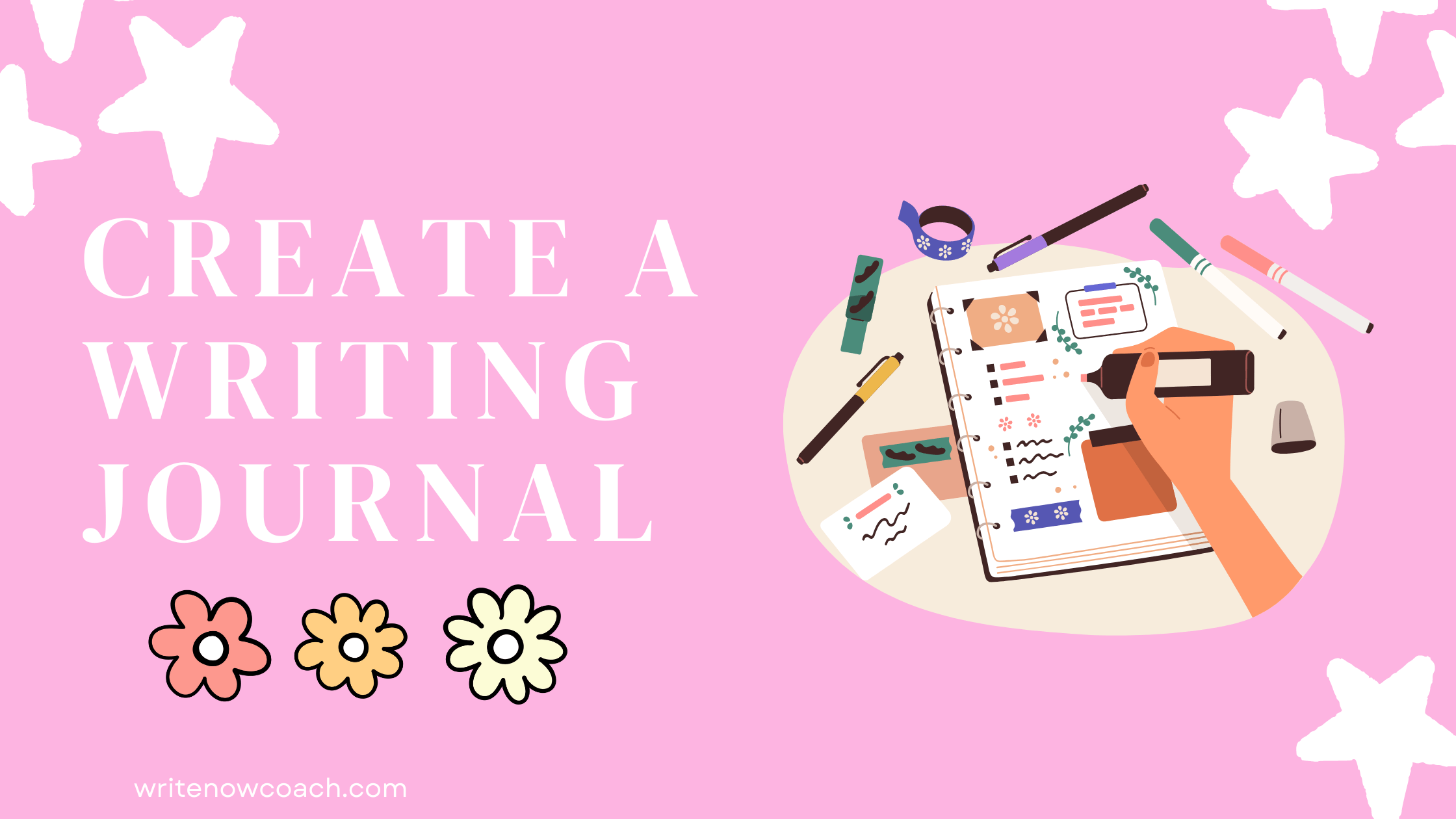Create a Writing Journal
by Rochelle Melander
Don’t be satisfied with stories,
how things have gone with others.
Unfold your own myth.
-Rumi
When I wrote Level Up, I hoped that writers would use the book to create their own playbook, a unique how-to guide for writing and life.
So often, we want to copy the habits of our gurus, believing that if we can write in the same way that this successful writer writes, we will be successful, too.
But here’s the thing, writers: You have your own path. You know what works for you. And if you don’t know what works for you, then you need to discover your process. Listen to the advice of other writers and gurus, yes. Learn how they’ve overcome great challenges. Get inspired by their stories. But never believe that your success is contingent on doing it their way.
Lately, I’ve been asking my clients to keep a writing journal. In this journal, they record every writing session—signing in and signing out for each writing time. Before the writing session, use the journal to:
+Note what you hope to accomplish, your small step.
+Prewrite—brainstorm your writing using a list, mind map, or other tool
During the writing session, use the journal to:
+Note ideas about this or other projects
+Record tasks for the project
After the writing session, use the journal to:
+Reflect on what habits, practices, and tools helped you do your work?
+Note what you had difficulty accomplishing and what did you do that helped you overcome the challenge?
+Record distracted you and how did you overcome distractions to move forward?
When you’ve gathered data from a few weeks of writing sessions, review it to discover your best strategies and practices. Here are a few things you might analyze:
+Your most productive times of the day to write.
+Your best places to work and their characteristics. E.g., Is it a public place or somewhere in your home? Are you alone or with people?
+The external elements that helped you write?
+The internal elements that aided your productivity?
+The practices, habits, and tools that helped you write or overcome blocks.
Keep pages at the beginning or the end of the journal to make a playbook, a personal how-to guide for writing well or a handbook of best practices. Don’t overthink this! Create a quick list of your top tools or practices and post it where you can review it and use it regularly.
Over the years, I’ve noticed that developing strength comes both from building on what I am doing well and from correcting my missteps and weaknesses. I hope that creating a writing journal will help you see what practices make you a happy, productive writer.
Finally, if the data has you stumped, I’d be happy to support you. Sign up for a consultation: https://writenowcoach.com/consultation/

Write Now! Coach Rochelle Melander is an ADHD-trained professional certified coach who has helped hundreds of people write and publish books. She’s available to help you create a plan for your writing project, overcome distraction and procrastination to start and finish your writing, and navigate publishing and marketing your book. Book a private consultation: https://writenowcoach.com/consultation/









